The Vine interview: Gareth Liddiard of The Drones, February 2013
An interview for The Vine. Excerpt below.
The Drones: “I’m not addicted to love”
It’s a busy time for Melbourne rock band The Drones – or so I thought. When singer/guitarist Gareth Liddiard (main photo, far left) calls in early February, their sixth studio album I See Seaweed is less than a month away from release, and the second All Tomorrow’s Parties (ATP) festival to take place in Australia – curated by Liddiard and his bandmates – is but a fortnight away. Yet the singer is lazily strolling around at his home in the Victorian bush, oil can in hand, searching for strong mobile phone reception. A picture of calm.
I’m being slightly disingenuous in this depiction, of course. Late in our half-hour interview, it emerges that Liddiard’s had little time to himself lately. While their ATP curating duties have long since finished – judging by what I hear today, it seems there’s little more required of The Drones beyond showing up next weekend, shaking some hands, plugging in, and playing some songs – completing I See Seaweed has been a full-time concern of late.
It shows in the songs. I’ve played the eight-track album perhaps 25 times by the time Liddiard and I speak, and I’m convinced it’s a contender for their best yet. Our conversation contains in-depth discussion around songs that, at the time of writing, you won’t have heard. Album spoilers aside, Liddiard offers a typically expansive conversation that touches on space-bound canines, alternative ideas to programming festivals, The Drones’ newly-confirmed fifth member, and experimenting with topless photography.
—
The lyrical themes of I See Seaweed are as varied as ever; it seems that nothing’s out of bounds for you. How do you decide what to write about?
It’s more what not to write about. Some things are boring, and they’re done to death, so I steer clear of them, really.
For example?
Any sort of clichés. I don’t pick cotton; I’m not addicted to love. You know what I mean? Some things have been done before, so I try not to do that.
I’m just trying to think whether I’ve ever heard a Drones love song before. I don’t think I have.
There are love songs, but they’re not really obvious. It would be retarded if we did love songs, because I’d either get into trouble from the bass player [Fiona Kitschin, Liddiard’s partner] for being in love with someone who isn’t her, or if I wrote a love song about her, imagine me showing her the chords and telling her how to play it! That’s really wrong.
Point taken. You mentioned avoiding clichés; has that always been something you’ve aimed to do? Has this changed since [2002 debut album] Here Come The Lies?
I’ve always tried to avoid it, but I wasn’t always successful. I wasn’t always aware that some things were clichés. It’s self-awareness, that’s all. And being self-critical, I guess. Everyone has their blind spots, but you’ve got to work on those. Some people go, “check this out, man!” as if it’s some amazing thing, but they’ve just copied someone else. They have this enormous blind spot.
I think the best example for all that is something like American Idol, or Australian Idol. There’s some severe fuckin’ blind spots going on there; people who aren’t self-critical at all. They think they’re good at what they do, but they’re not. If they just rationalised it – or if they used rational thought – they would see where they’re going wrong. But often that’s painful to do.
I don’t find any clichés in your writing. Certainly not in the last few albums.
Like anyone, I fuck up. I just try. I like it; it’s fun. It’s interesting. It’s like science. I’m sure a lot of scientists would be a wee bit striking [in their approach] when they initially put their hypothesis out there. People shoot ‘em down. But I’m sure there’s a large part of them that would be excited to see where they went wrong.
It’s all about the truth; it’s getting close to the truth. They’re trying to find out what the hole is. I’m just trying to figure out what I’m capable of. I mean, I’ve got limits. I’m just using up everything within my limits to make music that’s interesting. Because I want to hear interesting music. That’s all that is.
For the full interview, visit The Vine.
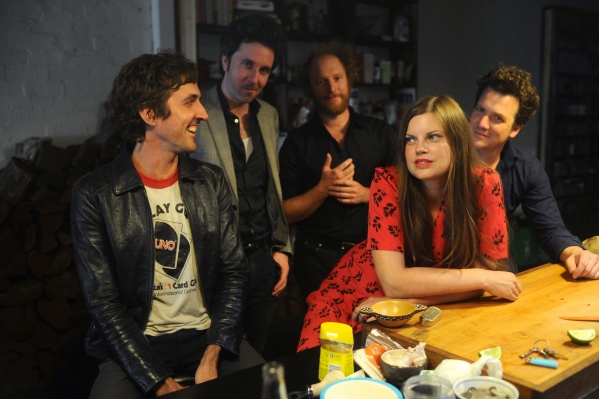
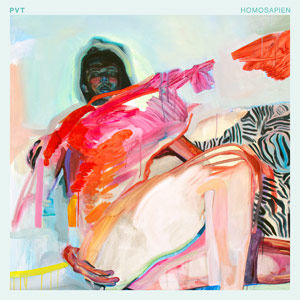 Three stylistic decisions have shifted Sydney act PVT – formerly known as Pivot – from a great band to a good one.
Three stylistic decisions have shifted Sydney act PVT – formerly known as Pivot – from a great band to a good one.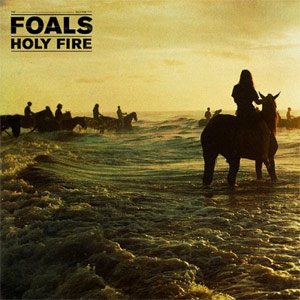 By merging dance-floor beats with finicky guitar theatrics on their 2008 debut album, Antidotes, this British band emerged with a singular vision.
By merging dance-floor beats with finicky guitar theatrics on their 2008 debut album, Antidotes, this British band emerged with a singular vision. It takes a long time to make music sound as good as m b v does. About 22 years, in fact.
It takes a long time to make music sound as good as m b v does. About 22 years, in fact.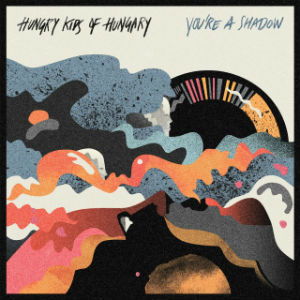 Hungry Kids of Hungary’s 2010 debut, Escapades, gave a strong portent of the songwriting and musical ability lurking within.
Hungry Kids of Hungary’s 2010 debut, Escapades, gave a strong portent of the songwriting and musical ability lurking within.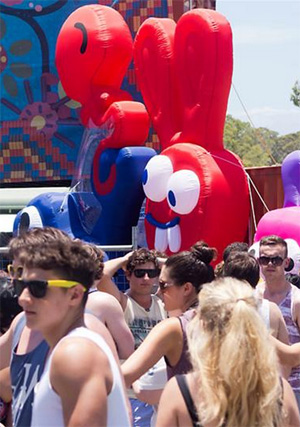
 “Marijuana Use Most Rampant in Australia,” read a
“Marijuana Use Most Rampant in Australia,” read a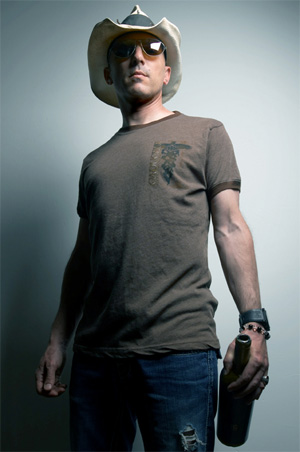 Don’t ask about Tool. Don’t ask about A Perfect Circle. Definitely don’t ask when Tool’s next album – their first since 2006’s 10,000 Days – is due. These are the publicist-stated rules of engagement when interviewing Maynard James Keenan, frontman of those two bands and also Puscifer, a “multimedia project” that encompasses music, film, performance, wine and clothing, and has released two albums so far: 2007’s V Is For Vagina and 2011’s Conditions Of My Parole. Keenan is touring the Puscifer show outside of North America for the first time in February 2013, with three Australian theatre shows booked around his commitments with A Perfect Circle at Soundwave Festival.
Don’t ask about Tool. Don’t ask about A Perfect Circle. Definitely don’t ask when Tool’s next album – their first since 2006’s 10,000 Days – is due. These are the publicist-stated rules of engagement when interviewing Maynard James Keenan, frontman of those two bands and also Puscifer, a “multimedia project” that encompasses music, film, performance, wine and clothing, and has released two albums so far: 2007’s V Is For Vagina and 2011’s Conditions Of My Parole. Keenan is touring the Puscifer show outside of North America for the first time in February 2013, with three Australian theatre shows booked around his commitments with A Perfect Circle at Soundwave Festival.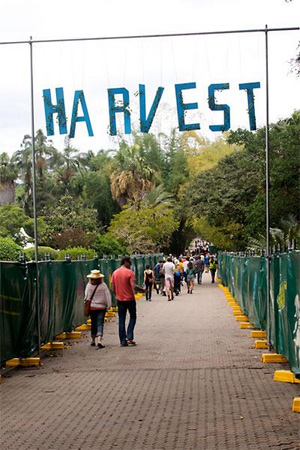 Arguably the hardest part of arranging a music festival is securing a headline act so superior that they simply can’t be followed. For the second year in a row, Harvest has achieved this. Sigur Rós are a delight: challenging, brave, and pure. Like Portishead last year, their main stage set is a sterling example of how to end a day filled with remarkable music. It’s a true spectacle, carefully structured to include peaks and troughs and the band work at eliciting a wide spectrum of emotions. There’s a real art to this, and it doesn’t go unnoticed by the thousands gathered before the Riverstage: a silent and attentive audience hangs on every note played.
Arguably the hardest part of arranging a music festival is securing a headline act so superior that they simply can’t be followed. For the second year in a row, Harvest has achieved this. Sigur Rós are a delight: challenging, brave, and pure. Like Portishead last year, their main stage set is a sterling example of how to end a day filled with remarkable music. It’s a true spectacle, carefully structured to include peaks and troughs and the band work at eliciting a wide spectrum of emotions. There’s a real art to this, and it doesn’t go unnoticed by the thousands gathered before the Riverstage: a silent and attentive audience hangs on every note played.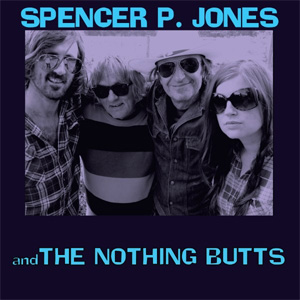 For Australian rock fans, this supergroup is a match made in heaven: two members from Beasts of Bourbon and two from The Drones combining to make a beautiful racket.
For Australian rock fans, this supergroup is a match made in heaven: two members from Beasts of Bourbon and two from The Drones combining to make a beautiful racket.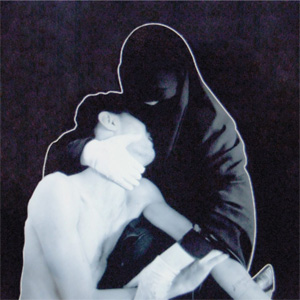 The third full-length album released by this young Canadian electronic duo lacks the immediate sonic punch that made their first two albums such compelling listens.
The third full-length album released by this young Canadian electronic duo lacks the immediate sonic punch that made their first two albums such compelling listens.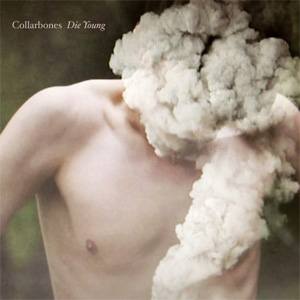 What we have here is an original and compelling take on pop music viewed through the lenses of electronica, R&B and hip-hop.
What we have here is an original and compelling take on pop music viewed through the lenses of electronica, R&B and hip-hop.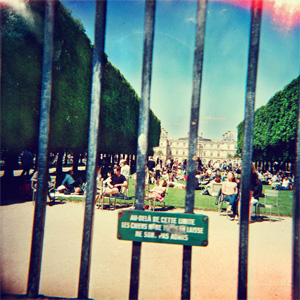 The trouble with releasing a killer debut album is that it’s much harder to impress with the follow-up.
The trouble with releasing a killer debut album is that it’s much harder to impress with the follow-up.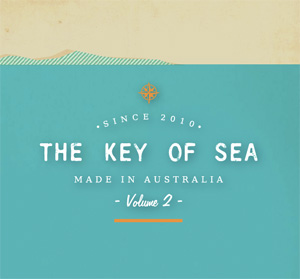 Some might say rock musicians are more readily associated with egotism than altruism, yet this collection is the second in a series that seeks to buck that stereotype.
Some might say rock musicians are more readily associated with egotism than altruism, yet this collection is the second in a series that seeks to buck that stereotype.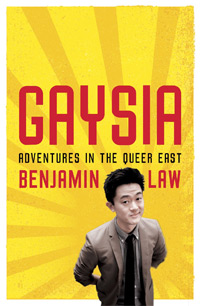 After exploring his upbringing in the 2010 comic memoir The Family Law, Benjamin Law turns to another topic close to his heart. An Australian of Chinese ancestry, he sets out to explore attitudes to homosexuality in seven Asian countries.
After exploring his upbringing in the 2010 comic memoir The Family Law, Benjamin Law turns to another topic close to his heart. An Australian of Chinese ancestry, he sets out to explore attitudes to homosexuality in seven Asian countries.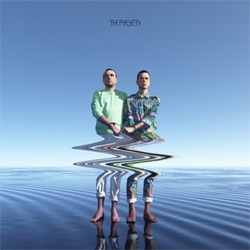 Four years between albums is plenty of time for younger competitors to snatch the crown from Australia’s electronic music kings.
Four years between albums is plenty of time for younger competitors to snatch the crown from Australia’s electronic music kings.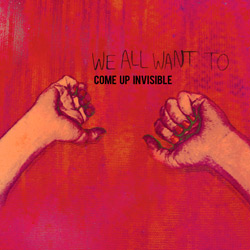 This is a messy album in the best way possible. The music created by Brisbane four-piece We All Want To swings back and forth between charming indie pop and rock with jagged edges.
This is a messy album in the best way possible. The music created by Brisbane four-piece We All Want To swings back and forth between charming indie pop and rock with jagged edges.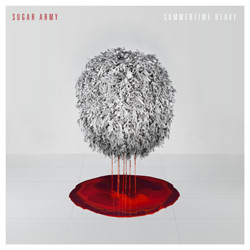 Through change comes artistic progress. On its second album, Perth-based rock act Sugar Army has streamlined the sound out of necessity: the band’s bassist joined fellow Perth group Birds of Tokyo, reducing the quartet to a trio.
Through change comes artistic progress. On its second album, Perth-based rock act Sugar Army has streamlined the sound out of necessity: the band’s bassist joined fellow Perth group Birds of Tokyo, reducing the quartet to a trio.